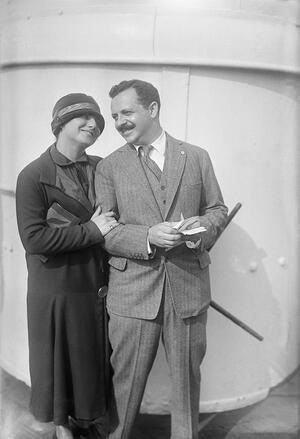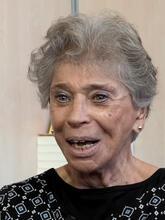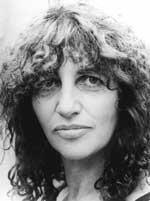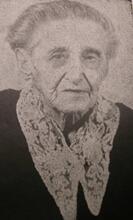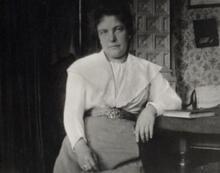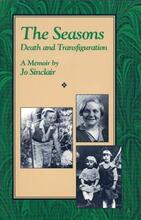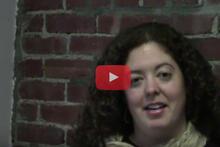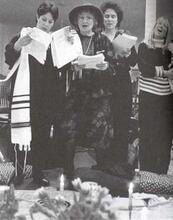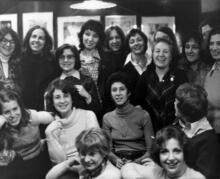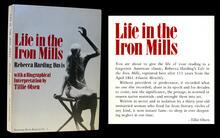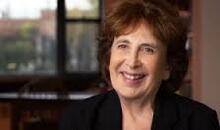Doris Fleischman
Doris Fleischman was an ardent feminist who made history as the first American married woman issued a passport under her own name. Fleischman worked for the New York Tribune, interviewing Theodore Roosevelt and other notable people. She married Edward L. Bernays in 1922, with Fleischman signing her maiden name on the registry at the Waldorf-Astoria on their honeymoon. A member of the Lucy Stone League, which argued for women to keep their names after marriage, she received a passport as Doris Fleischman in 1925. However, she felt deep ambivalence about her identity, which she discussed in her 1949 article, “Notes of a Retiring Feminist,” and in her 1955 memoir, A Wife Is Many Women. In 1972 the Association for Women in Communications honored her with its Headliner Award.
Article
A writer and a publicist, Doris Fleischman was guided by two antithetical imperatives—her marked public feminism, in contrast to her domestic submissiveness.
Born on July 18, 1891, to Harriet (Rosenthal) and New York City attorney Samuel Fleischman, Doris Fleischman was the second of four children. She first attended Hunter Normal School, then Horace Mann, from which she graduated in 1909, entering Barnard College that fall. While in college, she won varsity letters in softball, basketball, and tennis. She also studied music and considered a career as a singer.
A self-assured pioneer, it never occurred to Fleischman not to work. A swift, clean writer who was extraordinarily verbal, she landed a job with the New York Tribune, writing for the women’s page. Promoted to assistant Sunday editor, she was the first woman to cover a prizefight. Her father, fearing for her safety, insisted on going with her to this event. While at the Tribune, she interviewed Theodore Roosevelt, Irene Castle, and Jane Addams, among others.
In 1919, fledgling publicist Edward L. Bernays, whom she had known since childhood, hired Fleischman as a writer. She spent the next sixty-one years working for and with Bernays, whom she married at City Hall in 1922. When the newlyweds registered at the Waldorf-Astoria Hotel, the bride wrote “Doris Fleischman,” a gesture that made headlines the next day. It is plausible that she did this at the request of her husband, who had a healthy appetite for personal publicity.
Before she went to Europe some years later, Fleischman applied for and received a passport issued under her own name—an American first—by writing to the authorities that since “the purpose of a passport is to establish identity, I assume you will not wish me to travel under a false name.”
For twenty-six years, Fleischman was a member of the Lucy Stone League, a group of professional women whose aim was to persuade other American women to keep their names after marriage. At age fifty-seven, she published an article in the American Mercury, “Notes of a Retiring Feminist,” in which she articulated her ambivalence: “Mrs. stands to the right of me, and Miss stands to the left. Me is a ghost somewhere in this middle.” Her conflict over self-identification was never resolved.
Meanwhile, Fleischman had given birth to two daughters, Doris, in 1929, and Anne [Bernays], in 1930. As a public relations consultant, Edward Bernays thrived, and Fleischman worked at his office every day. Nominally his partner, she wrote most of the firm’s press releases, speeches, and important letters. She also sold articles to national publications, chiefly about women and their work both in and outside the home. In 1955, she published a memoir, A Wife Is Many Women.
Fleischman was a member of Theta Sigma Phi, the national sorority of women in communications, and in 1972, she won its Headliner Award. She considered herself a deist but, while acknowledging her Jewishness, practiced no religion. In 1962, Fleischman and her husband moved to Cambridge, Massachusetts, where their two daughters lived. Doris Fleischman died of a stroke there on July 10, 1980.

